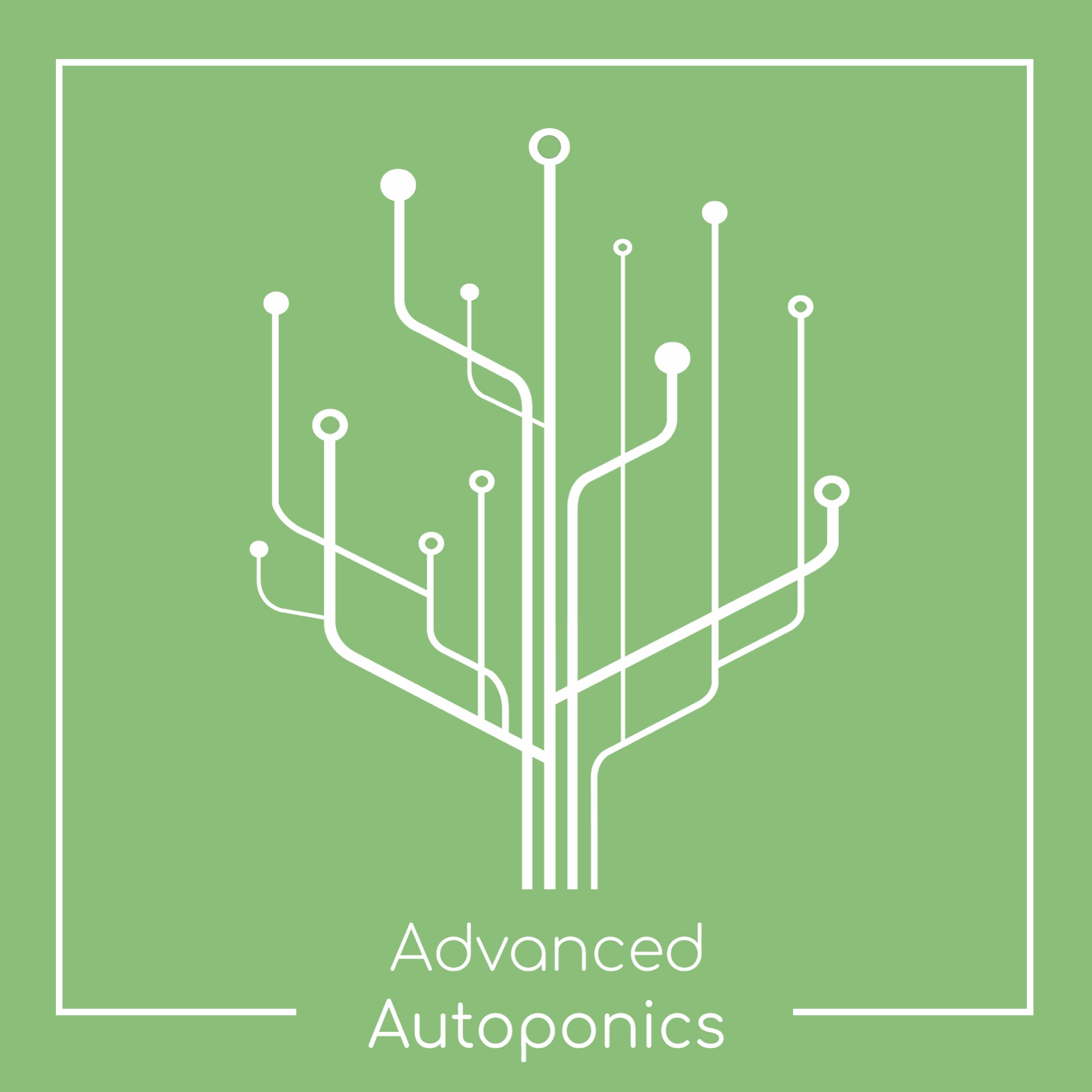As society continues to advance, so do the technologies that we use in our everyday lives. One area where this progress is particularly evident is in the field of biophilic design. Biophilic design is an approach that seeks to incorporate nature and natural elements into the built environment, with the goal of creating spaces that are not only aesthetically pleasing but also contribute to the health and well-being of their occupants.
One way in which biophilic design is being taken to the next level is through the incorporation of Advanced Autoponics automated hydroponic systems. Hydroponics, a combination of automation and hydroponics, is a system in which plants are grown in water rather than soil. This method of gardening has been gaining popularity in recent years due to its efficiency and sustainability.
When integrated with biophilic design principles, hydroponic systems and automation can significantly enhance the natural elements in a space while offering substantial benefits to its users. For instance, incorporating a vertical hydroponic wall into a building’s interior creates a striking visual focal point that purifies the air and improves indoor air quality. Automation in hydroponics reduces maintenance, eliminates bugs, prevents uneven watering issues, and conserves water. This approach not only boosts the health and well-being of occupants but also promotes a more sustainable and environmentally friendly building.
In addition to the health benefits, Advanced Autoponics systems can also help to create a more immersive and engaging experience for users. By integrating these systems into biophilic design projects, designers can encourage people to connect more deeply with nature and the natural world, fostering a sense of awe and wonder that is often lacking in our increasingly urbanized society. This can lead to increased feelings of happiness and well-being, as well as a deeper appreciation for the environment and the importance of sustainability.
One example of a biophilic design project that incorporates Advanced Autoponics systems is their installation at Green Spaces in Denver, Colorado. This unique attraction features large plants such as monsteras grown using their patented hydroponics, creating a lush and vibrant environment that enhances the overall aesthetic of the space. Additionally, the an additional system includes an innovative unit that grows herbs for the bar, allowing for an exciting, sustainable twist on mixology. The bar will craft mixed drinks incorporating plants grown just 20 feet away, ensuring the freshest ingredients and a seamless integration of nature into the social experience. The Advanced Autoponics system is thoughtfully integrated into the building’s design, harmonizing with the interior decor and contributing to the overall look and feel of the venue. This thoughtful integration not only highlights the beauty and functionality of biophilic design but also underscores the importance of sustainability and local sourcing in modern hospitality settings.
In addition to the Advanced Autoponic systems at Green Spaces, the venue also features a series of indoor plants that showcase the beauty and diversity of plant life. Here, visitors can see firsthand the benefits of plants while drinking coffee or working. With such systems in action, plants are grown using sustainable, water-efficient methods that minimize waste and maximize efficiency. By combining these advanced gardening techniques with innovative design and architecture, Advanced Autoponics has created a truly immersive and educational experience that highlights the importance of sustainability and conservation.
As the importance of sustainability and conservation continues to grow, so does the need for innovative solutions that can help us create a more harmonious and interconnected relationship with the natural world. By incorporating Advanced Autoponics systems into biophilic design projects, designers can create spaces that not only look beautiful but also contribute to the health and well-being of their occupants while promoting sustainable practices. The future of biophilic design is bright, and hydroponic systems are sure to play a key role in shaping the built environments of tomorrow.
For more information visit:
Advanced Autoponics
https://www.advancedautoponics.com/
Denver, United States
Our cutting-edge hydroponic technology empowers developers, designers, and architects to integrate greenery anywhere, transcending the limitations of soil. Our solution automatically establishes the ideal root environment for plants, fostering growth and sustainability while conserving water and space. Our advanced technology offers real-time monitoring and updates accessible from anywhere on the globe.

